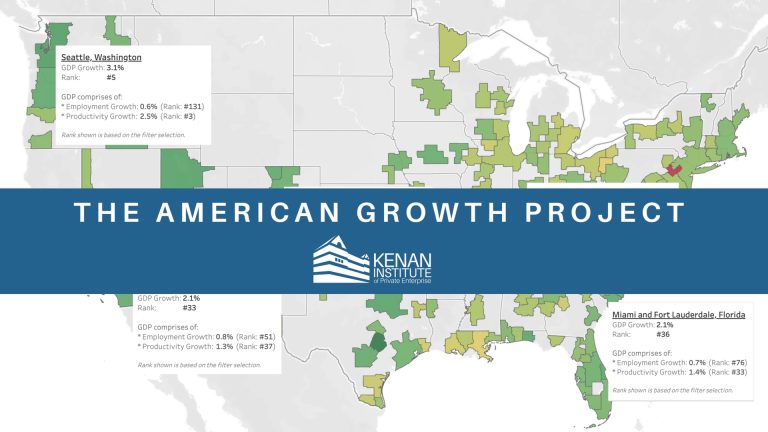
Artificial Intelligence and the Skills Gap
The AI transformation has yet to happen, prompting uncertainty about potential impacts on the skills gap and the nature of work. Recognizing this will help us develop strategies for mitigating potential risks to workers, firms and the economy.

The emerging theory-based view depicts entrepreneurs as sophisticated thinkers who form, update, and act on rich causal theories. In support of this view, recent empirical work has demonstrated both (a) the value of theories as well as (b) the importance of experimentation for testing and refining theories. Yet, the process by which entrepreneurs initially form these theories remains largely unobserved.
Join the Center for the Business of Health on Friday, November 8 for a conference exploring how to strategically prepare the healthcare workforce of the future.

In this edition of the Dean Speaker Series, join us for an engaging lunchtime keynote with Dean Mary Margaret Frank and Nate Holobinko on Friday, November 8, as a part of the 2024 UNC Business of Healthcare Conference.

Application Programming Interface (APIs) have increasingly become crucial to digital ecosystems, facilitating interconnectivity and data exchange essential for digital transformation and open innovation in today's business landscape. In this article, we introduce a perspective on how APIs can be viewed as a means of achieving a dynamic equilibrium between centralization and decentralization for value creation in business ecosystems.

The American Growth Project
Our country's cities, towns and rural communities hold the key to understanding current and forecasted national trends – but for far too long, our nation’s microeconomic data has been lacking. The American Growth Project is here to help.
While the literature highlights the benefits of internally redeploying resources, there is less empirical guidance on which resources are most likely to be redeployed. We examine the relationship between inventor characteristics and redeployment decisions, motivated by the tension between costs and benefits of keeping a resource at the source unit versus moving it to a new target unit.
Kenan Institute Distinguished Fellow Josh Lerner of Harvard Business School says achieving resilience is difficult, in part because businesses are hard to change.
Prior research documents conflicting evidence that R&D investment both increases and decreases firm risk. We propose a parsimonious framework that explains this conflicting evidence.
After being generated, a new idea is rarely perfect but must be clarified, improved, and developed in more detail. Unfortunately, idea elaboration and creativity do not always come together: many new ideas become less creative when elaborated. This research examines who elaborates new ideas more creatively.
UNC Kenan-Flagler's Camelia Kuhnen discusses the possibilities of open banking with Duke Fuqua's Manju Puri.

Resilience in the Age of Short-Termism
Attributing greater value to missing earnings estimates than to beating them signals a trend toward short-term demands and rewards. But what if a firm wishes to make costly investments that could yield long-term business resilience?




